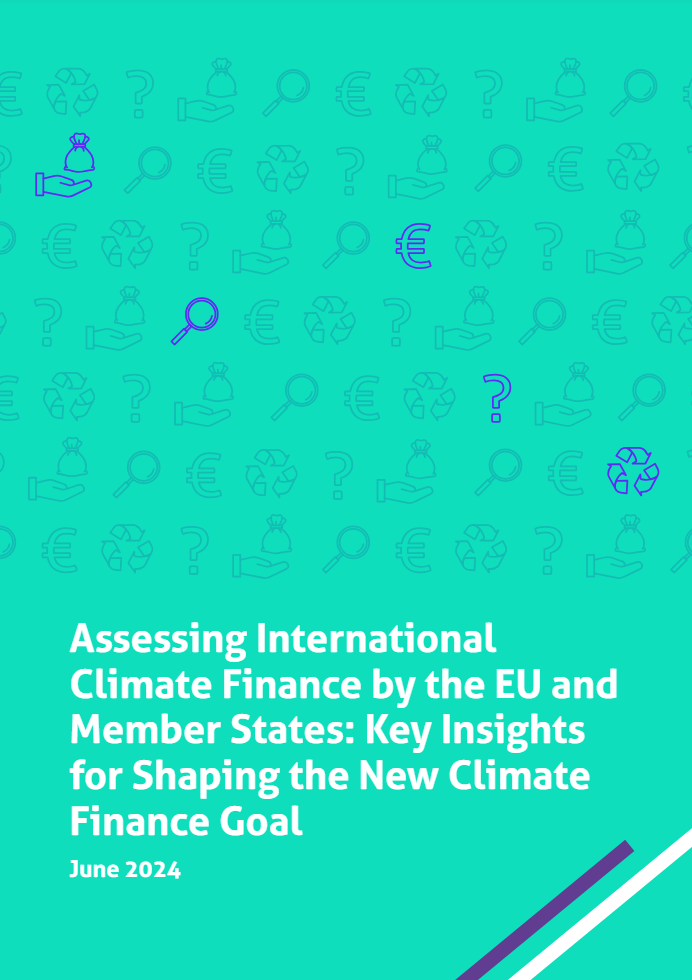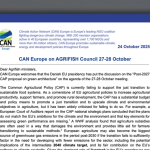International climate finance is essential to strengthening climate security and protecting those on the front line of the climate crisis.
The report “Assessing International Climate Finance by the EU and Member States: Key Insights for Shaping the New Climate Finance Goal” tracks the evolution of the European Union’s (EU) contribution to international climate finance. The study analyses recent data of climate finance by the EU and its Member States and provides recommendations for the forthcoming framework for climate finance under the United Nations Framework Convention on Climate Change (UNFCCC), namely the New Collective Quantified Goal (NCQG), which will is set to be adopted at COP29 in November 2024.
According to the report, while EU climate finance increased in 2022 compared to previous years, 52% of all climate finance from the EU and EU Member States combined was extended via non-grant instruments, mostly loans.The report recommends that climate finance from the EU and Member States to developing countries, in particular for adaptation and loss and damage, should be primarily provided as grants, especially as many developing countries are facing a serious debt crisis.
The report highlights the lack of a clear definition for climate finance and the absence of a robust international accounting system, which has potentially led to overestimations of the climate relevance of projects and total finance provisions.
Read the full report: https://caneurope.org/content/uploads/2024/06/CAN-EU-climate-finance-report-2024.pdf




